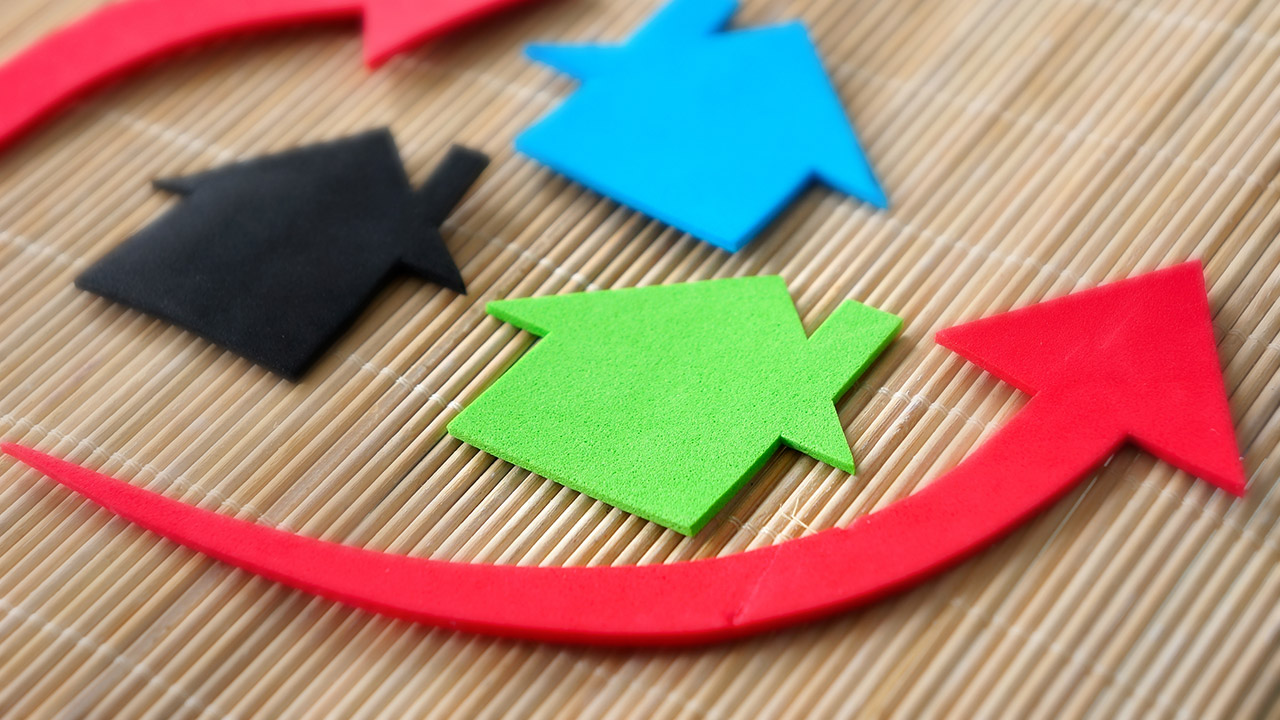
When you decide to sell your home, you need to get the process started off on the right foot, and that begins with determining the right price for your home. Many sellers have a tendency to want to list their home well over what the market deems to be a fair price because they see more value in it than what buyers might see in it. At the end of the day, your home is only worth what buyers are willing to pay for it, which is essentially what its market value is.
It’s critical that you get the listing price right the first time, rather than pricing too high, which will cause your home to sit on the market for longer. If similar homes on your street recently sold for $400,000, for instance, there’s little reason for you to list at $450,000. Only after you’ve made a reduction to bring the price down to market value will you attract offers.
Having said that, here are some mistakes you should absolutely avoid when pricing your home in order to come up with the right number that will attract the most buyers possible and get you a solid offer quickly.
1. Placing Too Much Value on Specific Features and Amenities
Maybe your home has granite counters in the bathroom, or designer kitchen appliances, or even a foyer chandelier that you had imported from Italy. But just because your home has these features – and the neighbors don’t – doesn’t necessarily mean you can hike up the price on your home as a result. These things might be yours, and therefore you might place more weight on the value of your home as a result of their presence. But while certain traits can add some value to a home, they don’t have as much of an effect on a listing price as you might think.
At the end of the day, the location is the biggest factor involved in pricing a home. Every neighborhood has an established value range for properties based on their size. Having attractive traits like these might not necessarily increase your listing price significantly, but they can serve as attractive features to help appeal to more buyers and help your home stand out from the competition.
2. Trying to Make Back the Money Spent on Improvements
It’s natural for sellers to want to recoup the money spent on remodeling projects, such as new kitchen cabinets, a new bathroom installation, or new flooring. However, any improvements made should not be done with the thought of getting all that money back come sale time.
Certain projects may bring you a pretty good ROI, but others won’t. Overvaluing the improvements you’ve made over the years won’t help when it comes to determining the right listing price. Adding the entire cost of any improvements into the price of your home isn’t realistic.
3. Focusing on the Price of Currently Listed Homes Rather Than Recently Sold Homes
Coming up with a realistic listing price for your home should be done after looking at similar homes in your neighborhood that have recently sold over the past couple of months or so, NOT solely at current listings. Sellers can list their homes for whatever they choose, even if the price they select isn’t reflective of the current market. That doesn’t mean they will necessarily get that price (and they likely won’t if it’s way overpriced).
It’s still a good idea to consider listings that are currently on the market, but only when comparing them to the ones that have sold.
4. Pricing Too High to Leave Lots of Room to Negotiate
Every real estate agreement can be negotiated before a final deal is reached, and it’s typical for there to be back-and-forth talks until an agreement is made between the buyer and seller. But that doesn’t mean that you should price your home far too high in order to make room to negotiate the price down. If priced right, there’s no reason why a buyer won’t offer you the exact listing price, or at least really close to it.
5. Not Keeping Tabs on What the Market is Telling You
Coming up with the right listing price is crucial, but that doesn’t mean you should just leave it as is without paying attention to what the market is doing. There’s always a chance that you might have to make some tweaks to your listing depending on what’s happening in the market, and keeping tabs on the market is essential.
Pay attention to any feedback that you’re getting from buyers and their agents, how busy your listing’s online traffic is, what other homes on the market have sold for since you’ve listed, and why other homes sold while yours didn’t. Make an effort to stay in the loop, and don’t ignore what the market is currently saying.
The Bottom Line
We’ve established how important it is to price your home right from get get-go, and what mistakes you need to avoid in order to achieve that magic number. Reaching that point should be done with the right real estate agent on your side to counsel you appropriately and come up with the right listing price. These professionals will keep their finger on the pulse of the current local market and feed you the information needed to make the right decision on the price, and everything else involved in the real estate selling process.